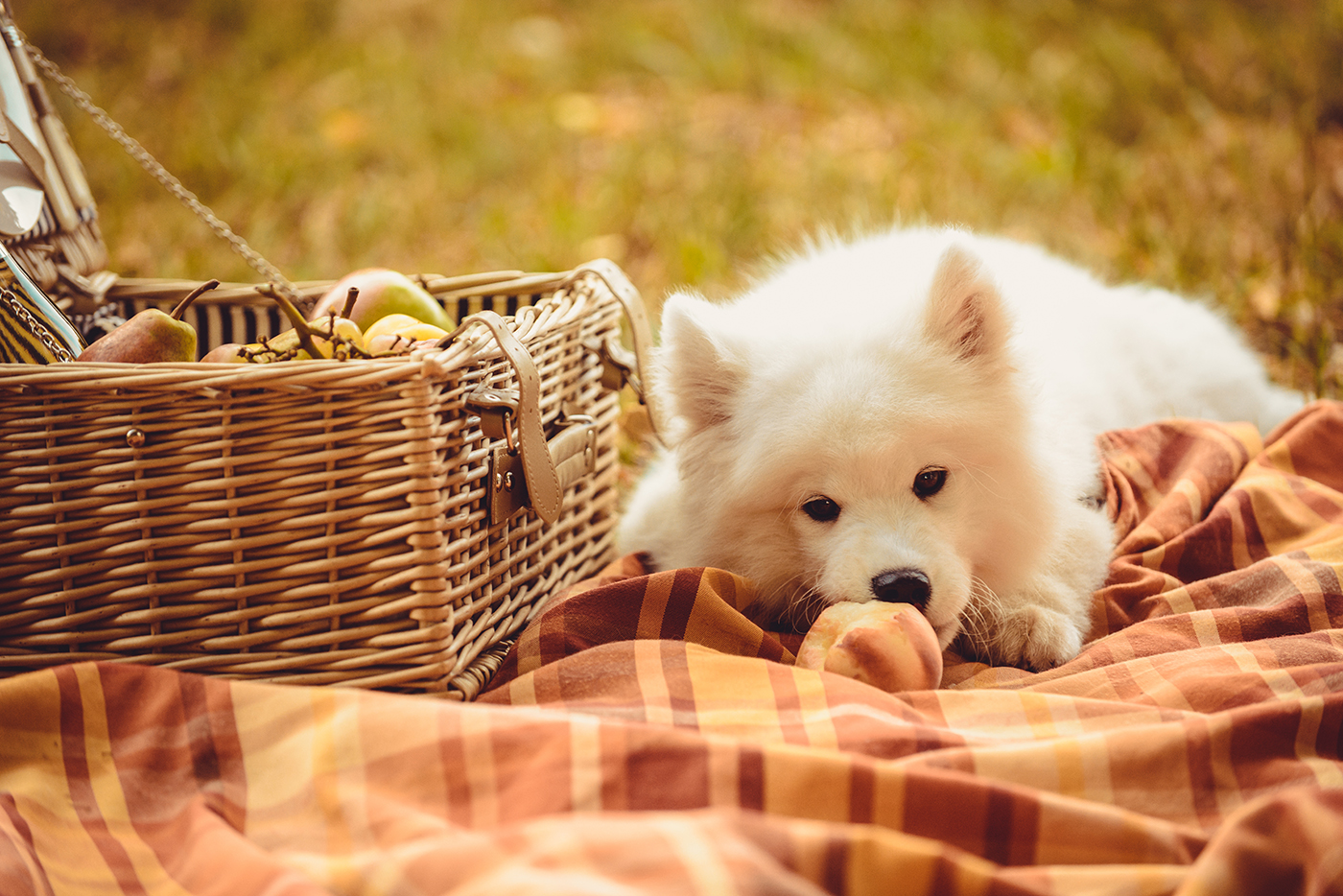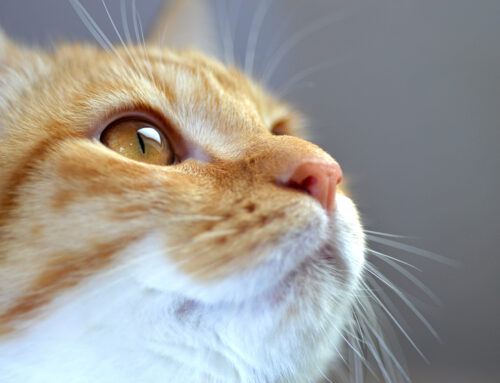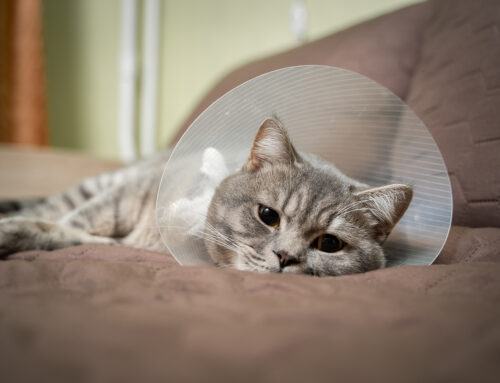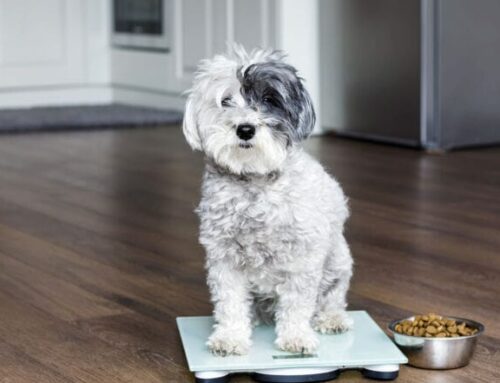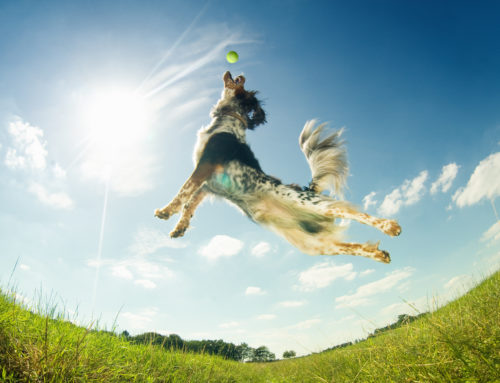Who doesn’t love summer? The warm weather and blue skies are enough to lift the spirits and put a spring into your step. Our pets love it too. Cats spend more time than ever basking on the windowsill and dogs love the extra day length – more time for walks!
Don’t forget though that there are hidden dangers for our pets in this warmer weather. We’re going to run through some of them for you.
Heat
All pets need somewhere to cool off in the heat, and that includes rabbits and guinea pigs. Make sure everybody has some shade and plenty of cool, fresh water. Don’t forget that indoor pets in windows can very quickly get hot too!
Dogs shouldn’t be walked in the hottest part of the day as they can very quickly get too hot, and don’t forget that dogs with short noses, such as bulldogs and pugs, are more prone to overheating. We recommend that you leave them at home in the cool and don’t expose them to non-urgent stressful situations, such as grooming visits, on the hottest days.
The sun can occasionally warm tarmac to temperatures hot enough to burn feet. Luckily it’s rare in the UK but best avoided. If it’s too hot for your hand, it’s too hot for your pooch’s paws.
The sun can also warm anything that acts like a greenhouse – including cars. We know it’s been said time and time again but dogs die in hot cars. You may think it’s cool enough, but what if the sun comes out if you’re in the car? Or you may think you’ll only be a minute, but what happens if the checkout is broken, or an item doesn’t scan, and you have to wait a while? We see it every summer, and until it stops we’re going to keep repeating ourselves.
If you notice your dog drooling, panting more than usual, having difficulty breathing, lack of coordination or collapsing, then we need to see them urgently.
Food
Barbeques are a staple of the British summertime, but they can be hazardous for your pets. Keep cats and dogs away from the hot coals and ensure the barbeque cannot be knocked over. Don’t forget that lots of barbeque foods shouldn’t be fed to pets. Sweetcorn cannot be digested and quickly forms a blockage, so don’t give them cobs to chew on. Kebab sticks, often fished out the bin, do a lot of damage on the way down, so keep bins safely closed and out of reach. Meat such as sausages and burgers contain too much fat for dogs and can set off painful pancreatitis. And don’t forget that onions are poisonous to pets and cause anaemia.
Plants
The sun means we’re all likely to be spending more time in the garden, but don’t forget to take a little time to check what poisonous plants you have. Hogweed looks like it’ll be good to chew and is fun to rummage through, but it causes severe skin burns when the sap reacts with sunlight. Autumn crocus flowers in late summer and is severely poisonous if eaten. Tulips are still flowering this time of year and are also toxic, but just as bad are the hidden bulbs of many spring bloomers, not easy to see but easy for dogs to dig up and play with.
Blue-Green Algae
Does your dog like to swim? Blue-green algae blooms occur in periods of sunny weather. The algae in still, stagnant water suddenly grow when conditions are right, causing a blue-green scum on the surface. This is exceedingly toxic to dogs that swim or drink the water and quickly causes seizures and death. If your dog likes to swim and you know of any ponds on your walks, keep them on a lead until you’ve checked the water or, better yet, find somewhere else to walk in the meantime.
Ticks
Ticks are especially prevalent this time of year. Not only are they gross they can carry diseases such as Babesiosis and Lyme Disease, both of which can cause serious and long-lasting harm to your pet. You might think your pet doesn’t get ticks, but a recent study showed that one in every three dogs will have a tick at any one time, even if you don’t notice them. We stock tick repellents and killers for both cats and dogs, so pop into the surgery or give us a ring and we’ll see if your pet is on the right preventatives.
Bee Stings
Although rarely fatal, bee stings can cause painful swellings to faces and paws. Young animals are especially prone due to their habit of playing with insects. If you suspect your pet has been stung or you notice a swelling please contact us for advice.

